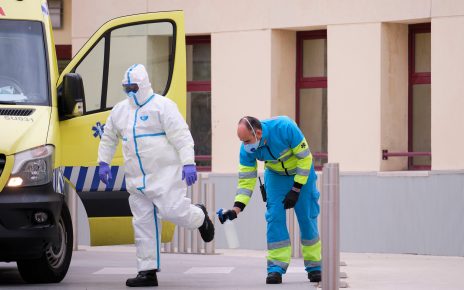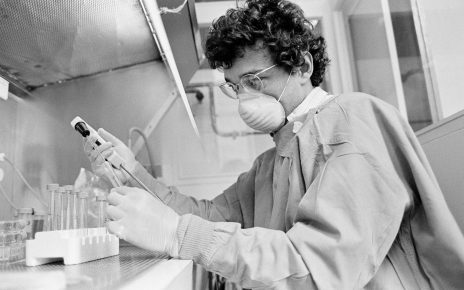The UK trial of a leading coronavirus vaccine, which was abruptly halted last week because of safety concerns, restarted on Saturday after the university conducting the trial said an independent committee found that it was safe to do so.
The University of Oxford and pharmaceutical company AstraZeneca paused enrolment in the global trials of their vaccine candidate on 6 September, after a person participating in the UK trial experienced an adverse reaction.
Scientists say that a pause is not uncommon in large trials, and that a speedy resumption of testing was expected. The episode shows that care is being taken with the trial, they say.
“Like anybody else who knows the importance of vaccines, I am very happy that the trial will continue,” says Klaus Stöhr, a retired influenza researcher who headed the World Health Organization’s research and epidemiology division for severe acute respiratory syndrome.
But some scientists have criticized the trial sponsors for not releasing more information about the reason for the pause and their decision-making.
The University of Oxford and AstraZeneca have not yet released details of the adverse reaction that led to the trial’s pause and how the decision to resume the UK study was made. It is also not known whether trials of the vaccine in South Africa, Brazil and the United States will also resume.
Marie-Paule Kieny, a vaccine researcher at INSERM, the French national health-research institute in Paris, says she hopes that research groups working on this or other coronavirus vaccines will share more information about clinical-trial holds in future. The transparency bar should be set much higher than this latest example, says Kieny. “When ultimately a vaccine will be made available, public trust will be paramount to ensure public-health impact. And trust needs transparency.”
This article is reproduced with permission and was first published on September 14 2020.




